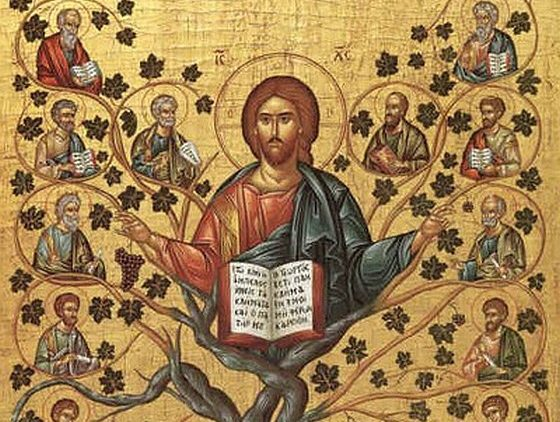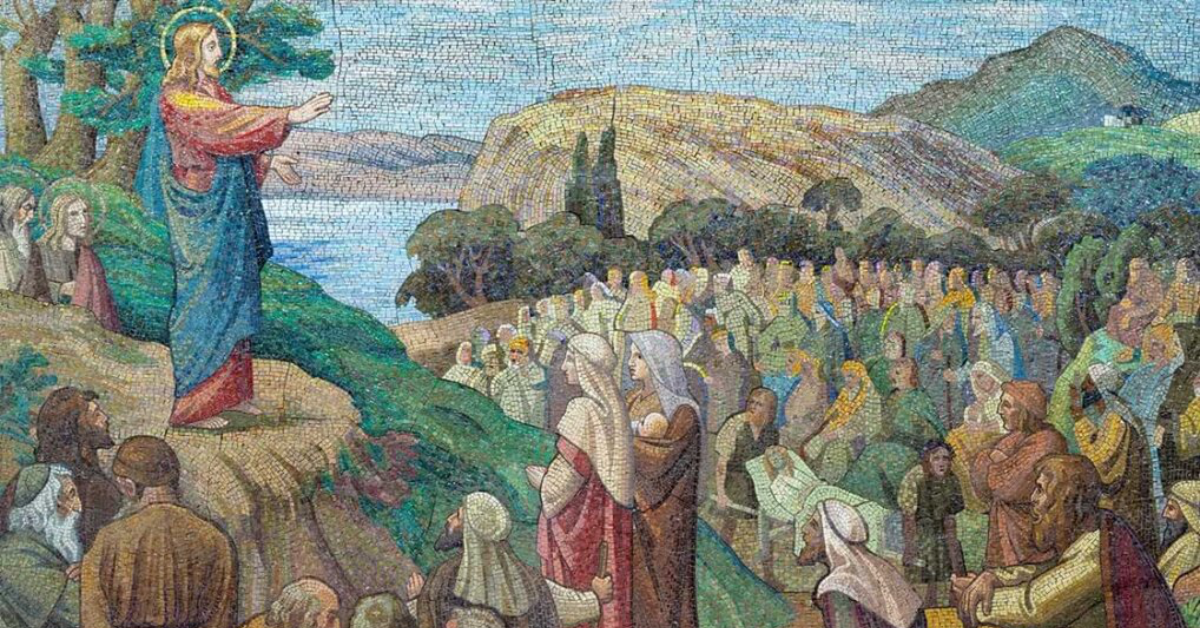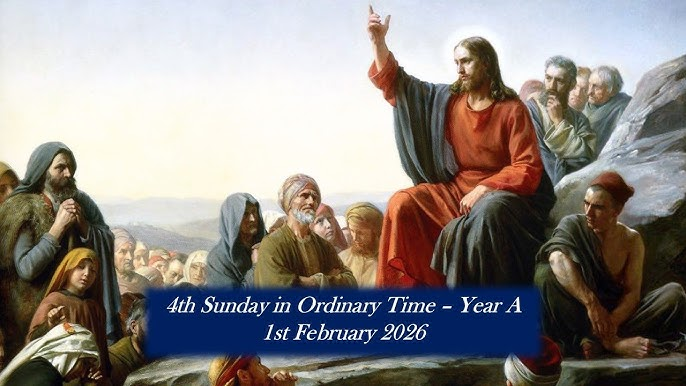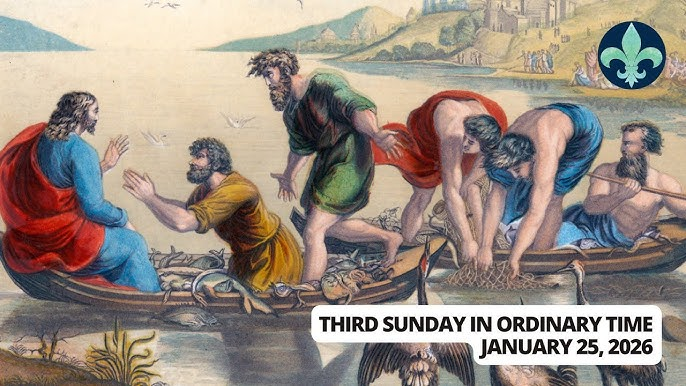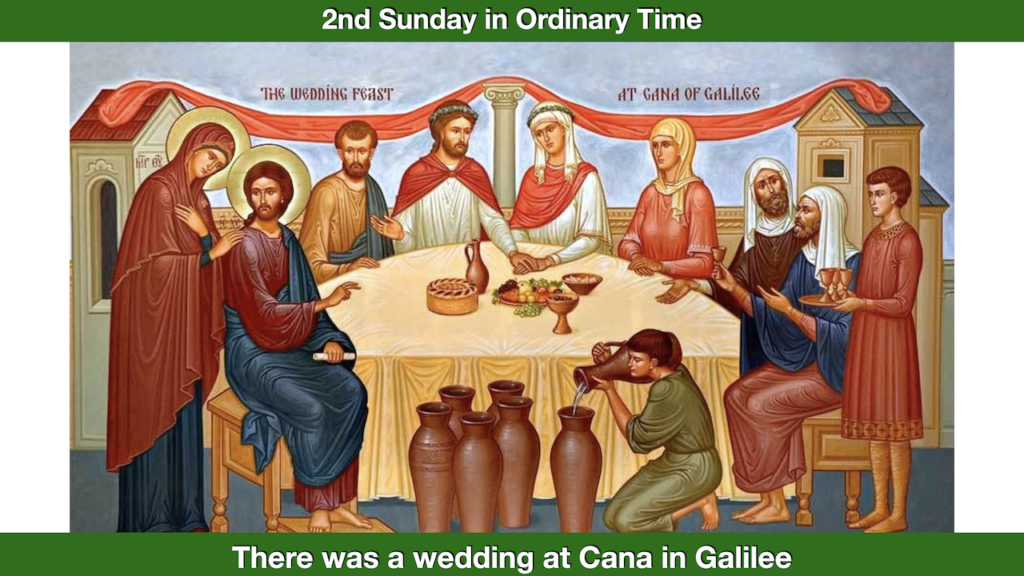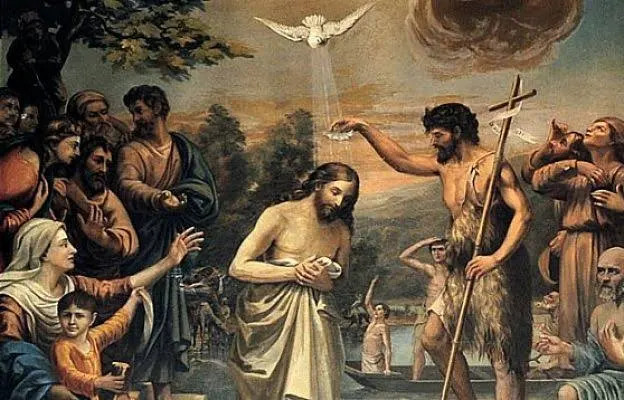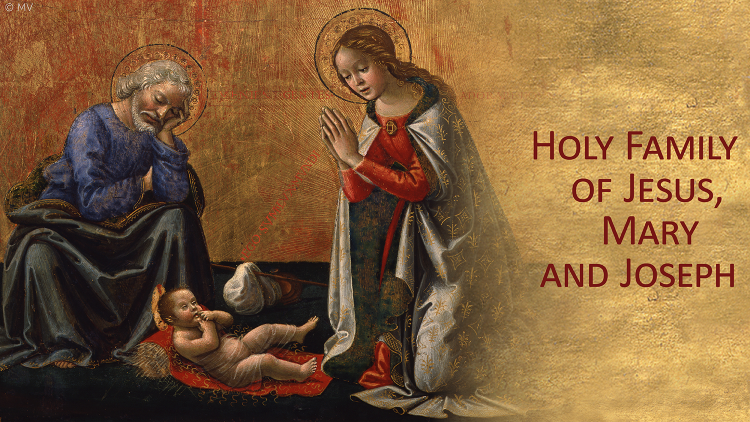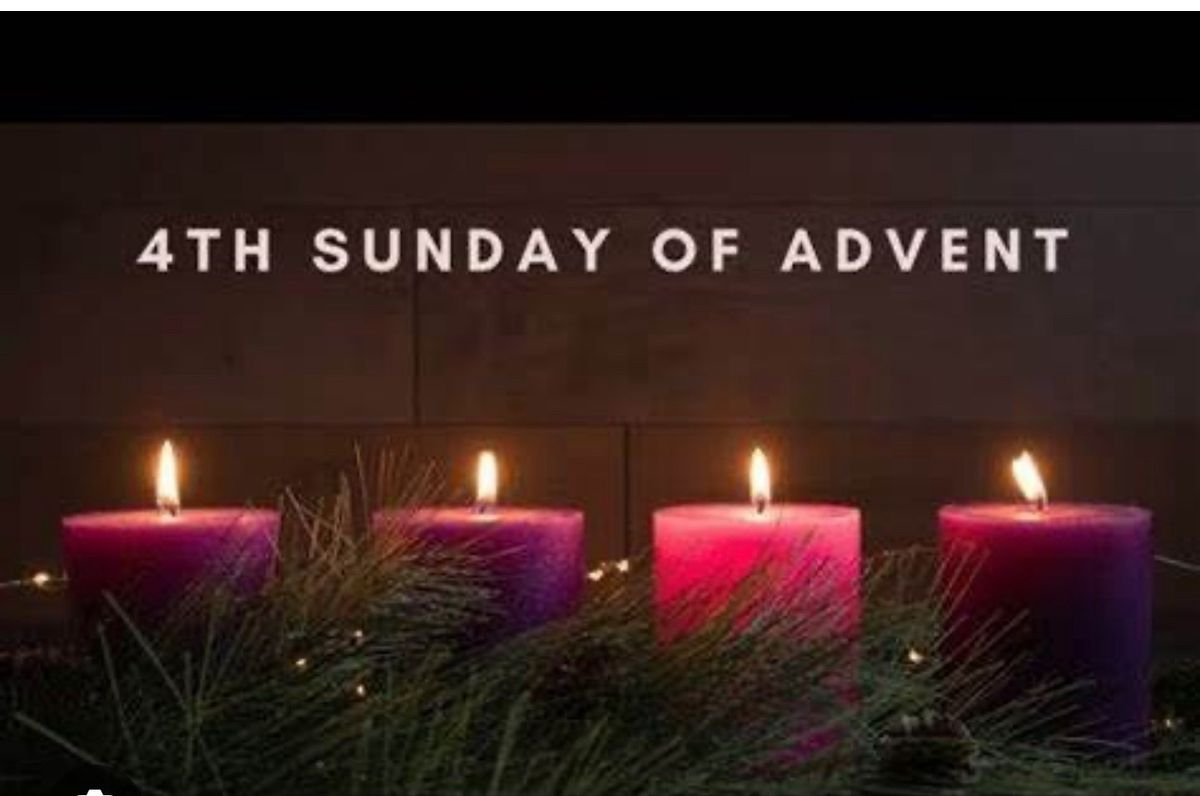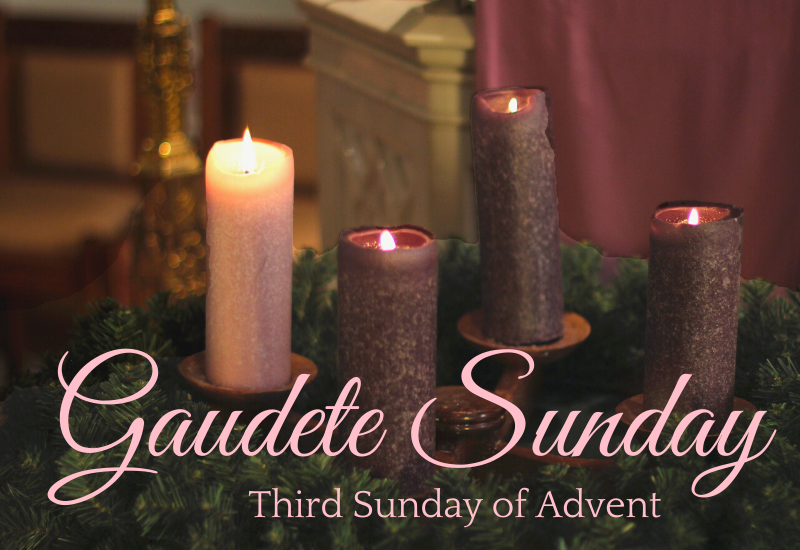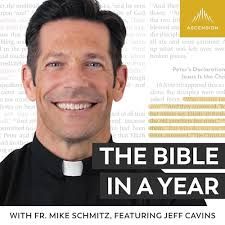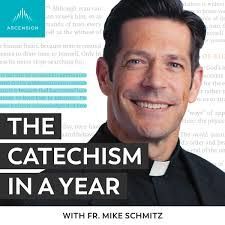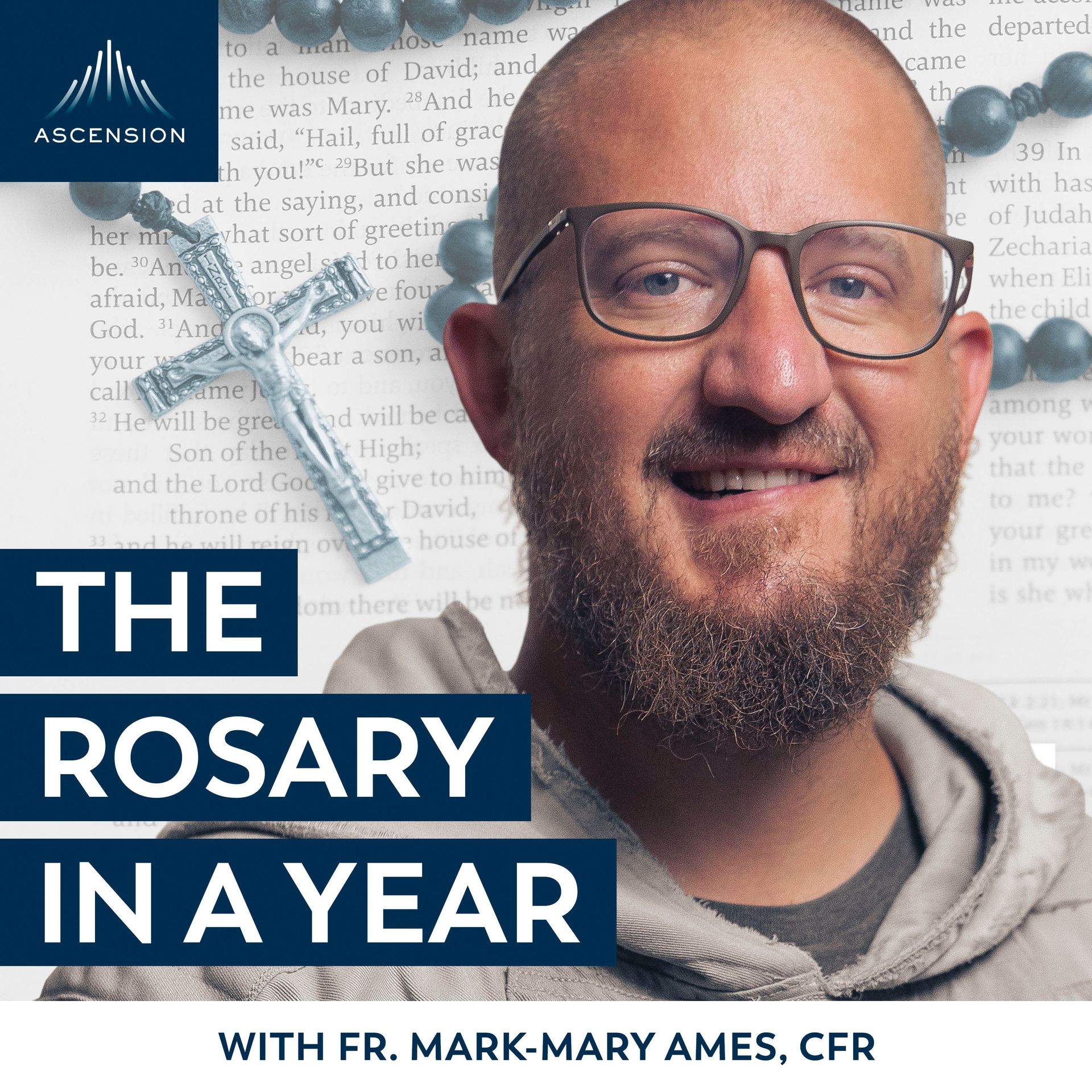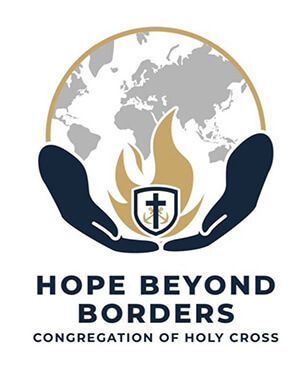Second Sunday in Ordinary Time, January 14, 2023
Dear Friends,
We have now ended the Christmas Season. On Tuesday, January 9, the day after the Feast of the Baptism of our Lord, we entered Ordinary Time in Liturgical Year B. We will continue in Ordinary Time until Tuesday, 13 February, the day before Ash Wednesday.
Ordinary Time runs for 33 or 34 weeks in which no particular aspect of the mystery of Christ is celebrated, but rather the mystery of Christ itself is honored in its fullness, especially on Sundays (Universal Norms, 43).
The seasons of Advent, Christmas, Lent, and Easter possess a distinctive character, and the readings chosen for those seasons have an inherent harmony flowing from that character. However, the Sundays in Ordinary Time do not have a distinctive character, and the readings are arranged in order of semi-continuous reading, with the Old Testament reading harmonized with the Gospel (Homiletic Directory 2014).
Today we celebrate the Second Sunday of Ordinary Time, Year B. We get to hear about the calling of Samuel (1 Samuel). The Gospel tells us how Andrew gets his calling to follow Jesus, and how, after his encounter with Jesus, Andrew invites his brother Peter to follow Jesus. This is a great time to ponder what we do with our own calling. Is it a delight to us? Do we share that delight with others?
Although the Christmas Season is over, you will notice that we have kept the Holy Family in the Sanctuary. This is so that we can continue to gaze on this Family and contemplate the gift of Jesus. Mary and Joseph will take the baby to present him in the Temple on 2 February, the Feast of the Presentation of the Lord.
This year is very special to the Congregation of Holy Cross. On 20 January 2024 , we celebrate in gratitude the 150th Death Anniversary of Blessed Basil Moreau, the founder of the Congregation of Holy Cross. In 2018 on this same day, we dedicated our beautiful sanctuary. To mark both of these blessings, we will spend time in thanksgiving to God during 40 hours of Adoration, which will begin at 6 p.m. on Thursday, 18 January. Adoration continues until 10 a.m. on Saturday, 20 January when we conclude with a Holy Mass, followed by a luncheon. Please sign up to be part of this unbroken chain of Adoration offered to our Loving God.
We will soon be hosting an Exhibition on the Eucharistic Miracles compiled by the Holy Teen Sensation Blessed Carlos Acutis. We will have a blessing and inauguration of the exhibition after the 11 a.m. Mass on 14 January. I pray that this time of grace will help increase our faith in the Real Presence of Jesus in the Eucharist and enhance participation in our Eucharistic celebrations.
Married couples: please get ready for the Marriage Enrichment retreat titled RE-FOCCUS to be held on Saturday, 27 January from 9 a.m. to 1 p.m.
Let us now move forward with the Post-Synodal Apostolic Exhortation of Pope Benedict XVI entitled: Sacramentum Caritatis. Have a Blessed Week!
With love,
Fr. John
W e e k 26 — SA C R A M E N T U M C A R I T AT I S ( TH E SA C R A M E N T O F C H A R I T Y : T H E E U C H AR I ST )
CONTINUATION OF THE POST-SYNODAL APOSTOLIC EXHORTATION SACRAMENTUM CARITATIS OF THE HOLY FATHER BENEDICT XVI TO THE BISHOPS, CLERGY, CONSECRATED PERSONS AND THE LAY FAITHFUL ON THE EUCHARIST AS THE SOURCE AND SUMMIT OF THE CHURCH'S LIFE AND MISSION
P A R T T WO : T H E E U C H A R I ST — A MY ST E R Y T O B E C E L E B R A T E D ( c ont i nu e d)
"Truly, truly, I say to you, it was not Moses who gave you the bread from heaven; my Father gives you the true bread from heaven" (Jn 6:32)
LIVING THE SUNDAY OBLIGATION
- Conscious of this new vital principle which the Eucharist imparts to the Christian, the Synod Fathers reaffirmed the importance of the Sunday obligation for all the faithful, viewing it as a wellspring of authentic freedom enabling them to live each day in accordance with what they celebrated on "the Lord's " The life of faith is endangered when we lose the desire to share in the celebration of the Eucharist and its commemoration of the paschal victory. Participating in the Sunday liturgical assembly with all our brothers and sisters, with whom we form one body in Jesus Christ, is demanded by our Christian conscience and at the same time it forms that conscience. To lose a sense of Sunday as the Lord's Day, a day to be sanctified, is symptomatic of the loss of an authentic sense of Christian freedom, the freedom of thechildren of God.(206) Here someobservationsmade bymyvenerablepredecessor John Paul II in his Apostolic LetterDies Domini(207) continue to have great value. Speaking of the various dimensions of the Christian celebration of Sunday, he said that it is Dies Domini with regard to the work of creation, Dies Christi as the day of the new creation and the Risen Lord's gift of the Holy Spirit, Dies Ecclesiae as the day on which the Christian community gathers for the celebration, and Dies hominis as the day of joy, rest and fraternal charity.
Sunday thus appears as the primordial holy day, when all believers, wherever they are found, can become heralds and guardians of the true meaning of time. It gives rise to the Christian meaning of life and a new way of experiencing time, relationships, work, life and death. On the Lord's Day, then, it is fitting that Church groups should organize, around Sunday Mass, the activities of the Christian community: social gatherings, programmes for the faith formation of children, young people and adults, pilgrimages, charitable works, and different moments of prayer. For the sake of these important values – while recognizing that Saturday evening, beginning with First Vespers, is already a part of Sunday and a time when the Sunday obligation can be fulfilled – we need to remember that it is Sunday itself that is meanttobe kept holy, lest it end up as a day "emptyof God." (208)
THE MEANING OF REST AND OF WORK
- Finally, it is particularly urgent nowadays to remember that the day of the Lord is also a day of rest from It is greatly to be hoped that this fact will also be recognized by civil society, so that individuals can be permitted to refrain from work without being penalized. Christians, not without reference to the meaning of the Sabbath in the Jewish tradition, have seen in the Lord's Day a day of rest from their daily exertions. This is highly significant, forit relativizes workand directs it to the person: work is for man and notman for work. It is easy to see how this actually protects men and women, emancipating them from a possible form of enslavement. As I have had occasion to say, "work is of fundamental importance to the fulfilment of the human being and to the development of society. Thus, it must always be organized and carried out with full respect for human dignity and must always serve the common good. At the same time, it is indispensable that people not allow themselves to be enslaved by work or to idolize it, claiming to find in it the ultimate and definitive meaning of life." (209) It is on the dayconsecratedto God thatmen andwomencometo understand the meaning oftheir lives and also of theirwork. (210)
SUNDAY ASSEMBLIES IN THE ABSENCE OF A PRIEST
- Rediscovering the significance of the Sunday celebration for the life of Christians naturally leads to a consideration of the problem of those Christian communities which lack priests and where, consequently, it is not possible to celebrate Mass on the Lord's Here it should be stated that a wide variety of situations exists. The Synod recommended first that the faithful should go to one of thechurches in their Diocese where the presence of a priest is assured, even when this demands a certain sacrifice. (211) Wherever great distances make it practically impossible to take part in the Sunday Eucharist, it is still important for Christian communities to gather together to praise the Lord and to commemorate the Day set apart for him. This needs, however, to be accompanied by an adequate instruction about the difference between Mass and Sunday assemblies in the absence of a priest. The Church's pastoral care must be expressed in the latter case by ensuring that the liturgy of the word – led by a deacon or a community leader to whom this ministry has been duly entrusted by competent authority – is carried out according to a specific ritual prepared and approved for this purpose by the Bishops' Conferences. (212) I reiterate that only Ordinaries may grant the faculty of distributing holy communion in such liturgies, taking account of the need for a certain selectiveness. Furthermore, care should be taken that these assemblies do not create confusion about the central role of the priest and the sacraments in the life of the Church. The importance of the role given to the laity, who should rightly be thanked for their generosity in the service of their communities, must never obscure the indispensable ministry of priests for the life of the Church. (213) Hence care must be taken to ensure that such assemblies in the absence of a priest do not encourage ecclesiological visions incompatible with the truth of the Gospel and the Church's tradition. Rather, they should be privileged moments of prayer for God to send holy priests after his own heart. It is touching, in this regard, to read the words of Pope John Paul II in his Letter to Priests for Holy Thursday 1979 about those places where the faithful, deprived of a priest by a dictatorial regime, would meet in a church or shrine, place on the altar a stole which they still kept and recite the prayers of the eucharistic liturgy, halting in silence "at the moment that corresponds to the transubstantiation," as a sign of how "ardently they desire to hear the words that only the lips of a priest can efficaciously utter." (214) With this in mind, and considering the incomparable good which comes from the celebration of the Eucharist, I ask all priests to visit willingly and as often as possible the communities entrusted to their pastoral care, lest they remain too long without the sacramentof love.
(206) Cf. Propositio30.
(207) Cf. AAS 90 (1998), 713-766.
(208) Propositio30.
(209) Homily (19 March 2006): AAS 98 (2006), 324.
(210) The Compendium of the Social Doctrine of the Church, 258, rightly notes in this regard: "For man, bound as he is to the necessity of work, this rest opens to the prospect of a fuller freedom, that of the eternal Sabbath (cf. Heb 4:9-10). Rest gives men and womenthe possibility to rememberandexperience anew God's work, from Creation to Redemption, to recognizethemselves as his work (cf. Eph 2:10), and togivethanks for their lives and for their subsistenceto him whois their "
(211) Propositio10.
(212) ibid.
(213) Benedict XVI, Address to the Bishops of Canada – Quebec during their Visit ad Limina (11 May 2006): cf. L'Osservatore Romano, 12 May 2006, p. 5.
(214) No. 10: AAS 71 (1979), 414-415.
